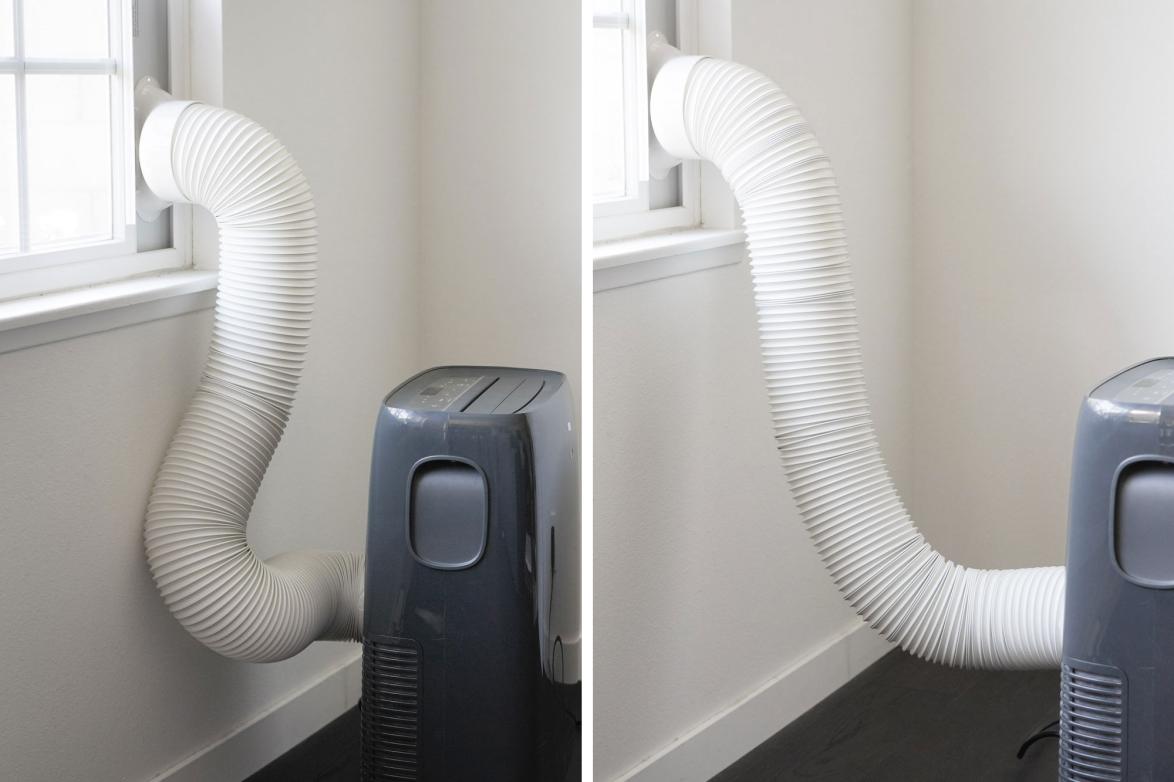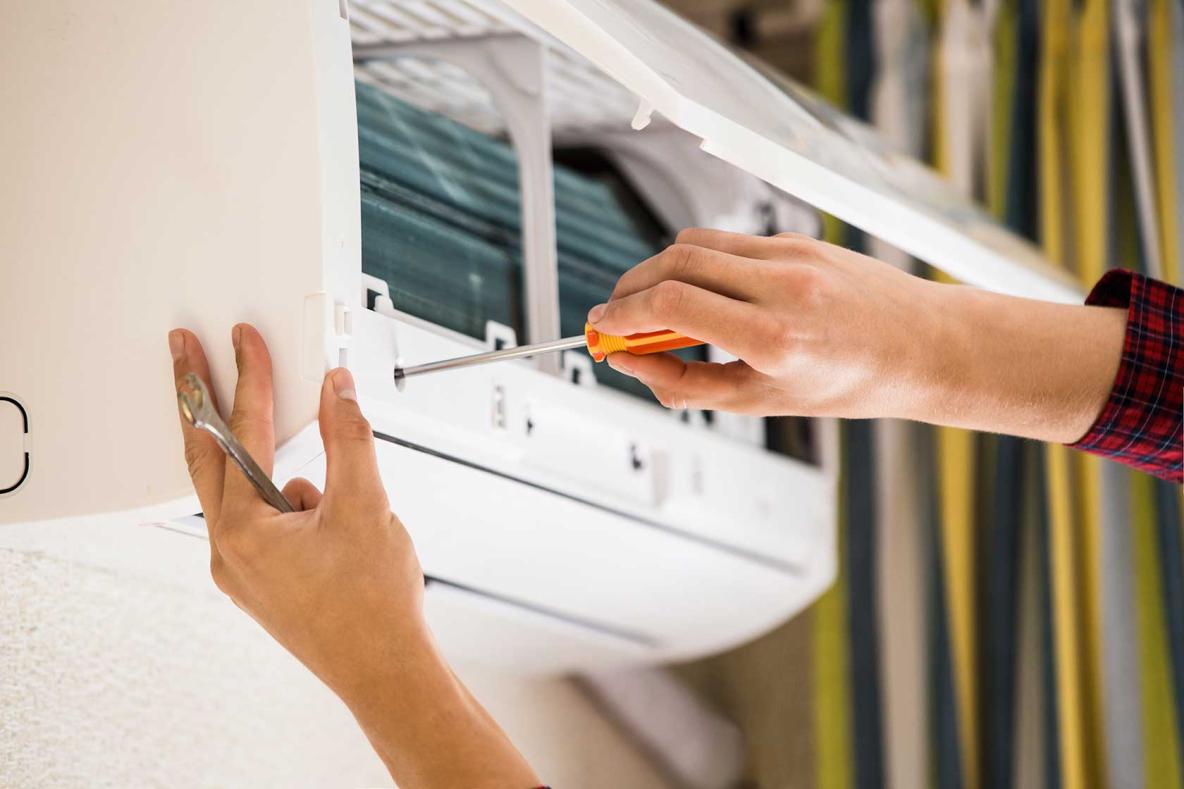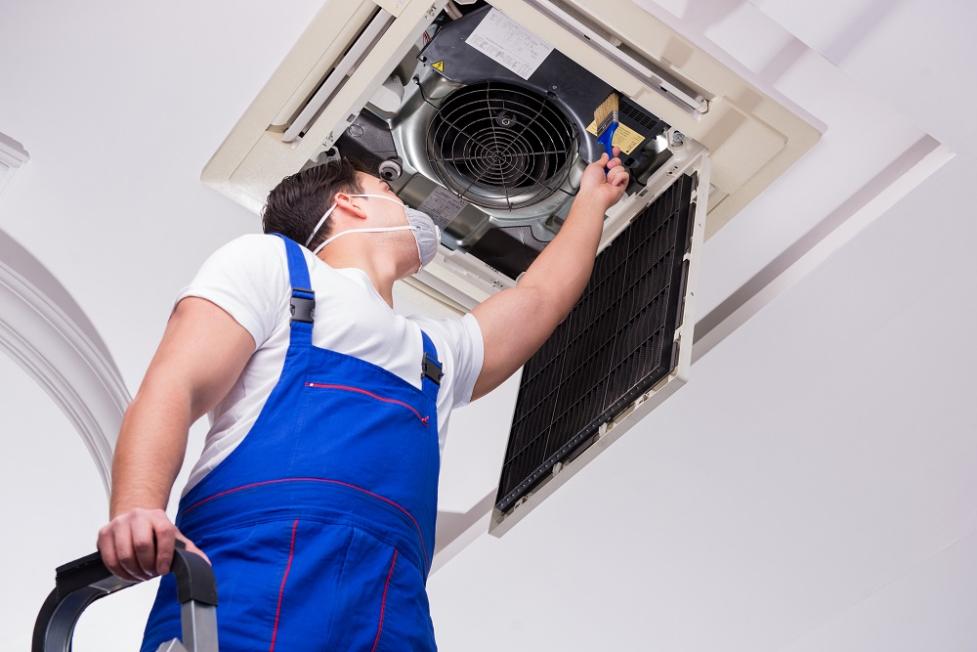How Can I Prevent Air Conditioner Breakdowns?
Air conditioner breakdowns can be a major inconvenience, especially during hot summer months. The good news is that many breakdowns can be prevented with proper maintenance and care. In this article, we'll provide practical tips to help you keep your air conditioner running smoothly and efficiently.

Causes Of Air Conditioner Breakdowns
There are several common causes of air conditioner breakdowns, including:
- Dirty filters: Dirty filters restrict airflow, which can cause the air conditioner to overheat and break down.
- Refrigerant leaks: Refrigerant leaks can lead to reduced cooling capacity and eventually cause the air conditioner to fail.
- Electrical issues: Electrical problems, such as loose connections or faulty wiring, can cause the air conditioner to malfunction.
- Overuse: Running the air conditioner for extended periods at high settings can put excessive strain on the system and lead to breakdowns.
Preventative Maintenance
Regular maintenance is crucial for preventing air conditioner breakdowns. Here are some key maintenance tasks:
Regular Filter Cleaning
Dirty filters are a major cause of air conditioner breakdowns. It's essential to clean or replace your air filters regularly, typically every month during peak usage. Here's how to do it:
- Turn off the air conditioner and locate the filter.
- Remove the filter and inspect it for dirt and debris.
- If the filter is dirty, wash it with warm water and mild detergent or replace it with a new one.
- Reinstall the filter and turn on the air conditioner.
Refrigerant Level Checks
Refrigerant is a vital component of an air conditioner. Low refrigerant levels can reduce cooling capacity and damage the compressor. It's recommended to have a professional check your refrigerant levels annually.
Electrical Inspections

Electrical problems can pose a safety hazard and lead to air conditioner breakdowns. Look for any signs of electrical issues, such as loose wires, frayed insulation, or burning smells. If you notice any electrical problems, contact a qualified electrician immediately.
Proper Usage
Overusing your air conditioner can put unnecessary strain on the system. Here are some tips for proper usage:
- Set the thermostat at a reasonable temperature (78-80°F is recommended).
- Use fans to circulate air and reduce the load on the air conditioner.
- Avoid running the air conditioner for extended periods at high settings.
Troubleshooting Common Issues

Even with proper maintenance, air conditioners can sometimes develop issues. Here's how to troubleshoot some common problems:
Frozen Coils
Frozen coils can restrict airflow and cause the air conditioner to malfunction. Here's how to defrost them:
- Turn off the air conditioner and let the coils thaw naturally.
- Once the coils are thawed, clean them with a soft brush or vacuum cleaner.
- Turn on the air conditioner and check if it's working properly.
Strange Noises
Strange noises coming from your air conditioner can indicate a problem. Here are some common noises and their potential causes:
- Rattling: Loose parts or a damaged fan.
- Screeching: Worn bearings or a loose belt.
- Hissing: Refrigerant leak.
If you hear any unusual noises, contact a professional for diagnosis and repair.
Reduced Cooling Capacity
Reduced cooling capacity can be caused by several factors, including dirty filters, low refrigerant levels, or electrical issues. Here's what to check:
- Clean or replace the air filter.
- Have a professional check the refrigerant levels.
- Inspect the electrical connections and look for any loose wires or damaged components.
Professional Maintenance
In addition to regular maintenance, professional maintenance can help extend the life of your air conditioner and prevent costly breakdowns.
Annual Tune-Ups
Annual tune-ups are recommended to ensure your air conditioner is operating efficiently and safely. A tune-up typically includes:
- Cleaning the coils and fins.
- Checking refrigerant levels.
- Inspecting electrical connections.
- Lubricating moving parts.
Extended Warranties
Extended warranties can provide peace of mind and protect you from unexpected repair costs. Here are some tips for choosing the right warranty:
- Read the terms and conditions carefully.
- Choose a warranty that covers major components and labor costs.
- Consider the cost of the warranty and weigh it against the potential savings.
By following these preventative maintenance tips and troubleshooting common issues, you can significantly reduce the risk of air conditioner breakdowns. Remember, regular maintenance is key to keeping your air conditioner running smoothly and efficiently for years to come.
YesNo

Leave a Reply